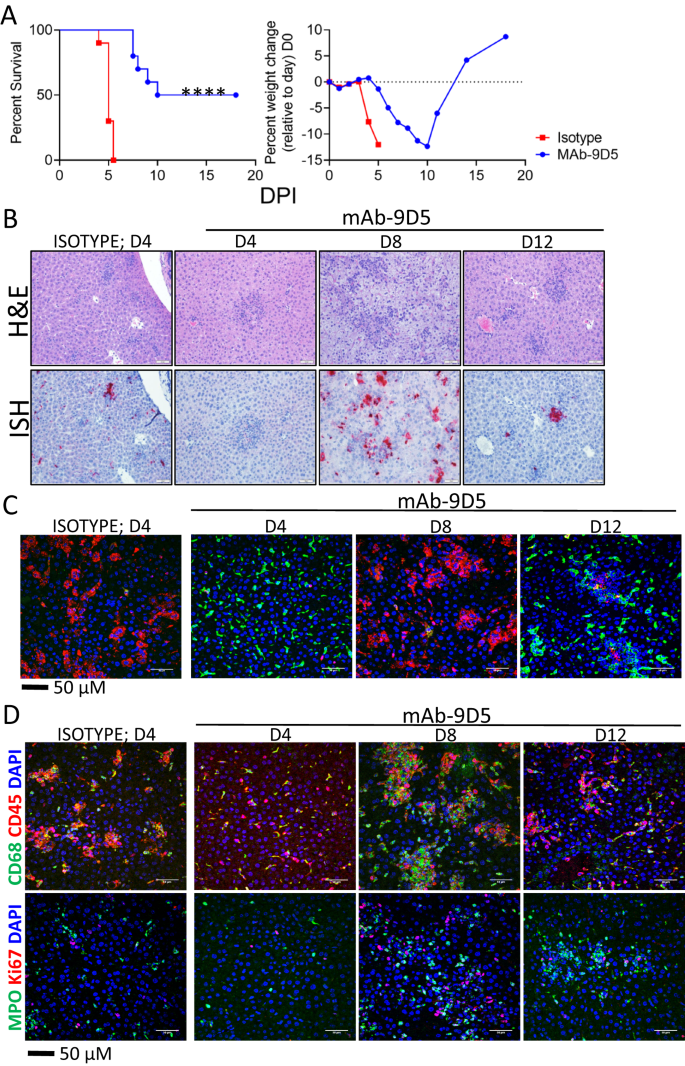2024-02-27 カリフォルニア大学リバーサイド校(UCR)
<関連情報>
- https://news.ucr.edu/articles/2024/02/27/novel-protective-antibody-target-identified-against-crimean-congo-hemorrhagic
- https://www.nature.com/articles/s41467-024-46110-4
ヌクレオカプシドタンパク質特異的モノクローナル抗体がクリミア・コンゴ出血熱ウイルスからマウスを守る Nucleocapsid protein-specific monoclonal antibodies protect mice against Crimean-Congo hemorrhagic fever virus
Aura R. Garrison,Vanessa Moresco,Xiankun Zeng,Curtis R. Cline,Michael D. Ward,Keersten M. Ricks,Scott P. Olschner,Lisa H. Cazares,Elif Karaaslan,Collin J. Fitzpatrick,Éric Bergeron,Scott D. Pegan &Joseph W. Golden
Nature Communications Published:26 February 2024
DOI:https://doi.org/10.1038/s41467-024-46110-4

Abstract
Crimean-Congo hemorrhagic fever virus (CCHFV) is a WHO priority pathogen. Antibody-based medical countermeasures offer an important strategy to mitigate severe disease caused by CCHFV. Most efforts have focused on targeting the viral glycoproteins. However, glycoproteins are poorly conserved among viral strains. The CCHFV nucleocapsid protein (NP) is highly conserved between CCHFV strains. Here, we investigate the protective efficacy of a CCHFV monoclonal antibody targeting the NP. We find that an anti-NP monoclonal antibody (mAb-9D5) protected female mice against lethal CCHFV infection or resulted in a significant delay in mean time-to-death in mice that succumbed to disease compared to isotype control animals. Antibody protection is independent of Fc-receptor functionality and complement activity. The antibody bound NP from several CCHFV strains and exhibited robust cross-protection against the heterologous CCHFV strain Afg09-2990. Our work demonstrates that the NP is a viable target for antibody-based therapeutics, providing another direction for developing immunotherapeutics against CCHFV.


